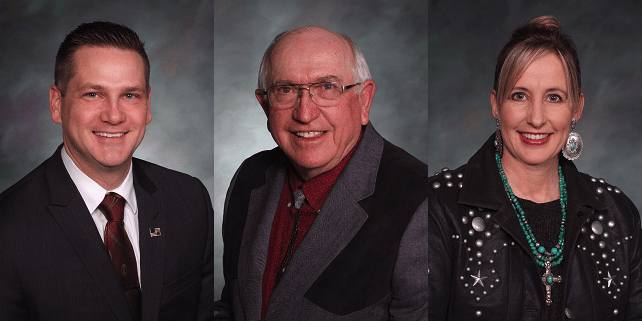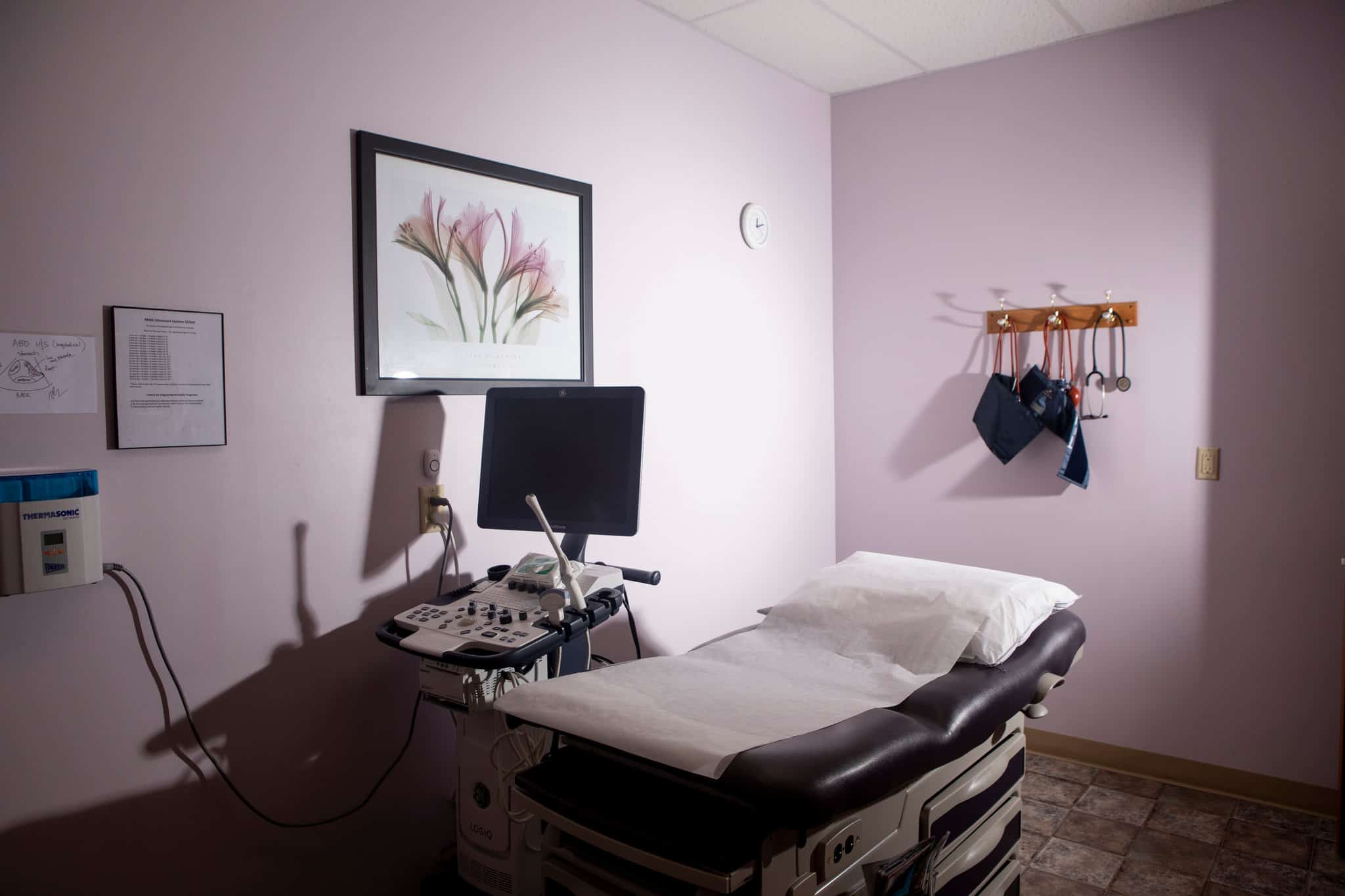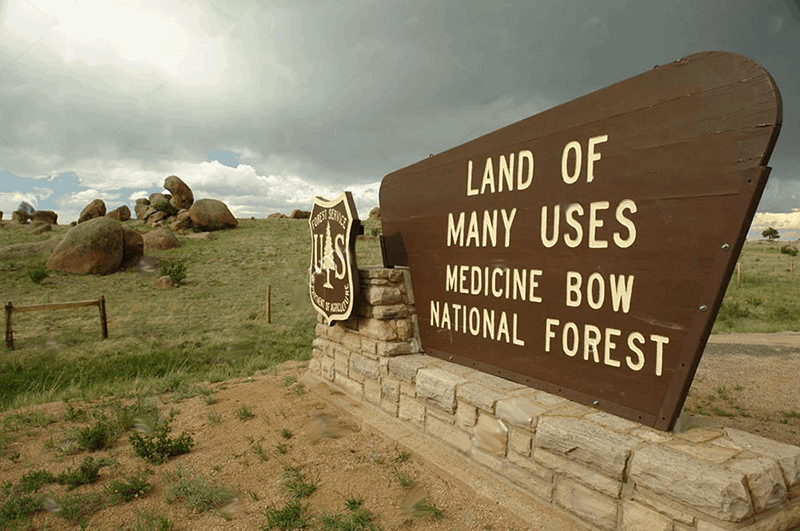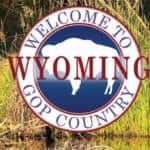Legislature strongarms University of Wyoming over student health insurance abortion coverage
Anti-abortion lawmakers held the University of Wyoming’s entire $446 million budget hostage last week, threatening to block it in response to claims that UW “subsidizes” abortions via student health insurance plans.
As a result of amendments to the state’s 2021 – 22 budget, UW students will have abortion coverage stripped from their health insurance. This is despite the fact that students purchase this private health insurance through the university with their own private funds.
Rep. Chuck Gray (R-Casper) and Sen. Lynn Hutchings (R-Cheyenne) introduced identical amendments to the budget in their respective chambers last Wednesday and Friday. The amendments stated that the Legislature would only fund the university on the condition that UW “shall not expend any [state] funds, federal funds or other funds under its control” on group health insurance that provides coverage for elective abortions.
Both the House and the Senate adopted the budget amendments. Since both chambers agreed, the issue will not be part of conference committee discussion to reach a budget compromise at the end of the session.
Gov. Mark Gordon could still veto the budget footnote, and both chambers would have to override his action by a two-thirds vote.
A change of heart
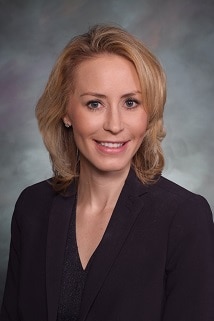
Sen. Tara Nethercott
The House passed Gray’s amendment last Wednesday with a 37 – 23 vote, while Hutchings’ amendment barely squeaked by in the Senate.
The initial vote in the Senate was a tie, 14 – 14, which would have defeated the amendment. But Sen. Tara Nethercott (R-Cheyenne) changed her vote from “no” to “aye” at the last moment, so it passed, 15 – 13.
On Friday in the House, an effort by Rep. Pat Sweeney to overturn Gray’s amendment failed by a 16 – 43 vote. Several far-right lawmakers had asked for a “roll call” to make sure legislators’ votes were individually recorded—a thinly veiled threat to dispatch anti-choice activists against anyone who opposed them.
Private funds, private insurance
University of Wyoming students pay for their own student health insurance policies through “student fees.” No public funds are used. The university simply negotiates on behalf of students with United Healthcare, the current insurer, to secure a group plan for students.
Sen. Wendy Schuler (R-Evanston) voted against the amendment for this reason.
“Student Health Services does not receive state block grant funds,” she said. “That pretty much says it all to me.”
Over in the House, Rep. Dan Zwonitzer (R-Cheyenne) shared the same view.
“The Legislature never inserts itself to this degree in private insurance.”
“The Legislature shouldn’t be involved in this,” he said. “We never insert ourselves to this degree in private insurance.”
Sweeney’s failed effort on Friday to overturn Gray’s amendment would have removed “other funds” from the equation, because while the Legislature has control over the state’s General Fund and federal funds that pass through the state, it has no business issuing mandates regarding people’s private money.
According to Sweeney, about 890 domestic students and 480 international students are covered by UW student health insurance. The policies cost $800 per semester.
A simple vote?
The fact that no public money is used to fund student insurance—or the abortions it might occasionally cover—made little difference to lawmakers who seek to exploit every angle in their “pro-life” crusade.
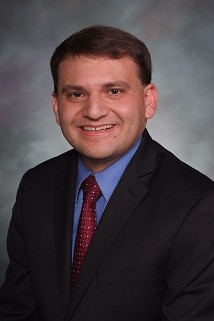
Rep. Chuck Gray
Since student fees are all lumped together and there’s no separate check that’s cut for health insurance, Gray, Hutchings, and their supporters asserted that state funds are “co-mingled” with private student money to buy the policies.
“This vote is simple,” said Rep. Tim Salazar (R-Dubois). “It is about whether we think student fees should be used to cover abortions.”
Gray evoked the scenario of Planned Parenthood receiving federal funding to perform non-abortive health procedures, but at the same time—and with different funds—performing abortions.
“What we’re saying with this amendment is that we’re not going to subsidize abortion,” Gray said. “We need to close this loophole. Are you for taxpayer-subsidized abortion? That is the question.”
Small government
Several lawmakers spoke against the amendments, including Rep. Sara Burlingame (D-Cheyenne). She questioned how the amendment’s proponents squared two conflicting beliefs: that the government should stay out of people’s affairs, and yet the government should dictate which insurance people buy.
“We’re all for small government right until we’re not, and we tend to bump up against that wall when we get to abortion,” Burlingame said.
“We’re all for small government right until we’re not, and we tend to bump up against that wall when we get to abortion.”
She also criticized the process of trying to debate abortion within the state’s budget, a point that Sen. Cale Case (R-Lander) agreed with over in the Senate.
“What we have done is taken away the right of people to determine what happens to their own bodies and have decided that we’re going to drive these efforts to obtain healthcare [insurance covering abortion] underground,” Case said.
Sen. Chris Rothfuss (D-Laramie) said he believes the amendment is unconstitutional for two reasons. The budget footnote addresses a policy, not an appropriation, he said, and the action also violates the Wyoming Constitution’s guarantee that citizens can make their own healthcare choices.
But it seems like that will be a question for the courts, or perhaps Gov. Gordon, since the increasingly anti-choice Wyoming Legislature has made up its mind.


